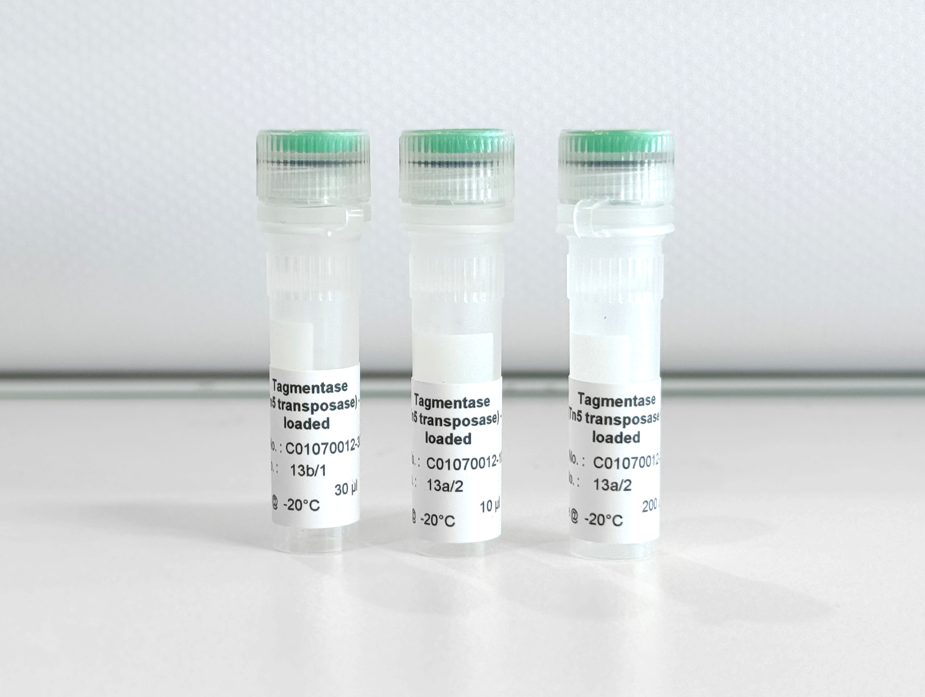Zolotarev Nikolay et al.
The establishment of de novo chromatin accessibility in lymphoid progenitors requires the "pioneering" function of transcription factor (TF) early B cell factor 1 (EBF1), which binds to naïve chromatin and induces accessibility by recruiting the BRG1 chromatin remodeler subunit. However, it remains unclear whether the function of EBF1 is continuously required for stabilizing local chromatin accessibility. To this end, we replaced EBF1 by EBF1-FKBP in pro-B cells, allowing the rapid degradation by adding the degradation TAG13 (dTAG13) dimerizer. EBF1 degradation results in a loss of genome-wide EBF1 occupancy and EBF1-targeted BRG1 binding. Chromatin accessibility was rapidly diminished at EBF1-binding sites with a preference for sites whose occupancy requires the pioneering activity of the C-terminal domain of EBF1. Diminished chromatin accessibility correlated with altered gene expression. Thus, continuous activity of EBF1 is required for the stable maintenance of the transcriptional and epigenetic state of pro-B cells.


